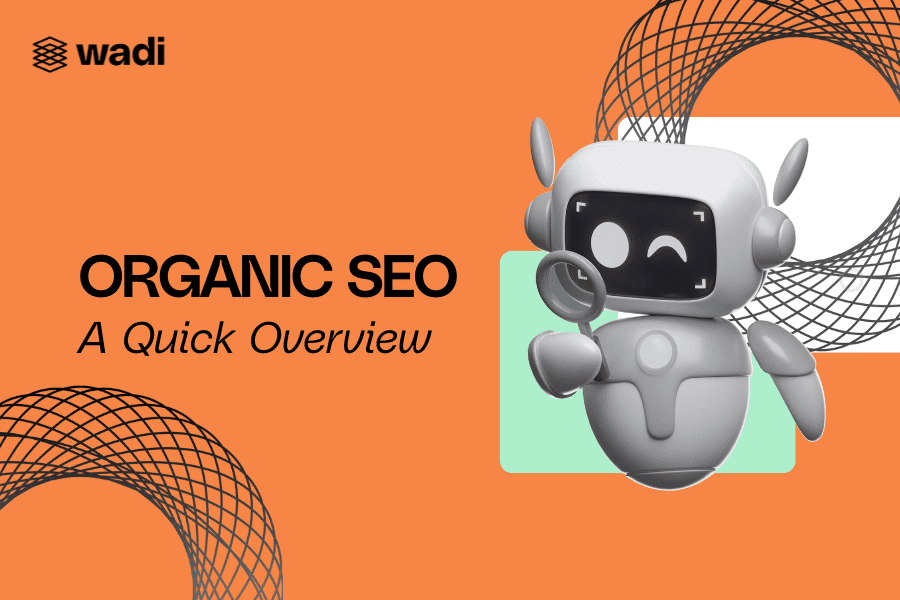There are dozens and dozens and dozens of factors that affect your rankings in search engines—one of these factors is your page speed. One thing that search engines have really focused on over the last few years in improving the user experience. Since page speed matters to visitors, it matters to search engines as well.
While there are many non-SEO reasons to increase your page speed, such as keeping visitors on your site and helping increasing conversions, the fact that search engines like Google penalize slow sites should be more than enough of a reason to make you want to improve your page speeds.
Search Engines Vagueness
Unfortunately, most of the search engines have been extremely unclear as to what parameters they are looking for when they judge page speed. What factors are they measuring? Is it how quickly images load, or how quickly the text on the page loads? Is it the full load time or just the first time to byte? Certainly Google, the source of truth for all other search engines, hasn’t clarified what they mean. So we are left to guess.
This means that all we can do is improve all aspects of page speed, to cover all the bases. Depending on the content management system or themes you are using, there are plugins and quick fixes to help quicken your page speed. Although, if your site has been custom built, you will need someone with experience to get into the weeds to make the necessary changes to make your site blazing fast.
Just How Fast is Your Site?
When it comes to finding out how fast—or slow—your website is, it is prudent to test your site against multiple testers to make sure you get a wide array of results. When I am testing a site for page speed, I always test it with these sites. It allows for enough variety and each one offers suggestions in case something slips through the cracks.
Each of these is free and explains in plain English the problem and the solution of how to fix it.
- https://tools.pingdom.com/
- https://gtmetrix.com/
- https://developers.google.com/speed/pagespeed/insights/
Biggest Issues That Slow Sites
When looking at the main causes of slow sites, there are some culprits that appear time and time again. Here is the list of the most common issues that we run across.
Slow Hosting
If your monthly hosting for your website costs less than a cup of coffee a month, then you may have slow hosting. Having your site hosted on a slow server can be the beginning of your problems. It doesn’t matter how much you scale down your site—a slow server will always drag you down.
Bloated Themes and Plugins
If you use WordPress or another CMS where you can purchase themes and plugins to help run your site, if you have too many plugins or a theme that is large and bloated, it may be slowing down your site. Try uninstalling some of the plugins that you don’t necessarily need.
Optimize Your Images
All of the test above will tell you if your images aren’t compressed. When it comes to page speed, one of the largest contributing factors is the size of your page. If you have a lot of images that are large and are not properly compressed, then it will dramatically slow down your site.
Optimize Your Site to Succeed in SEO
It is only one small factor in determining your success in SEO, but every factor adds up. Decrease your pages’ load times, increase your rankings and conversions, and reap the returns of your investments.






